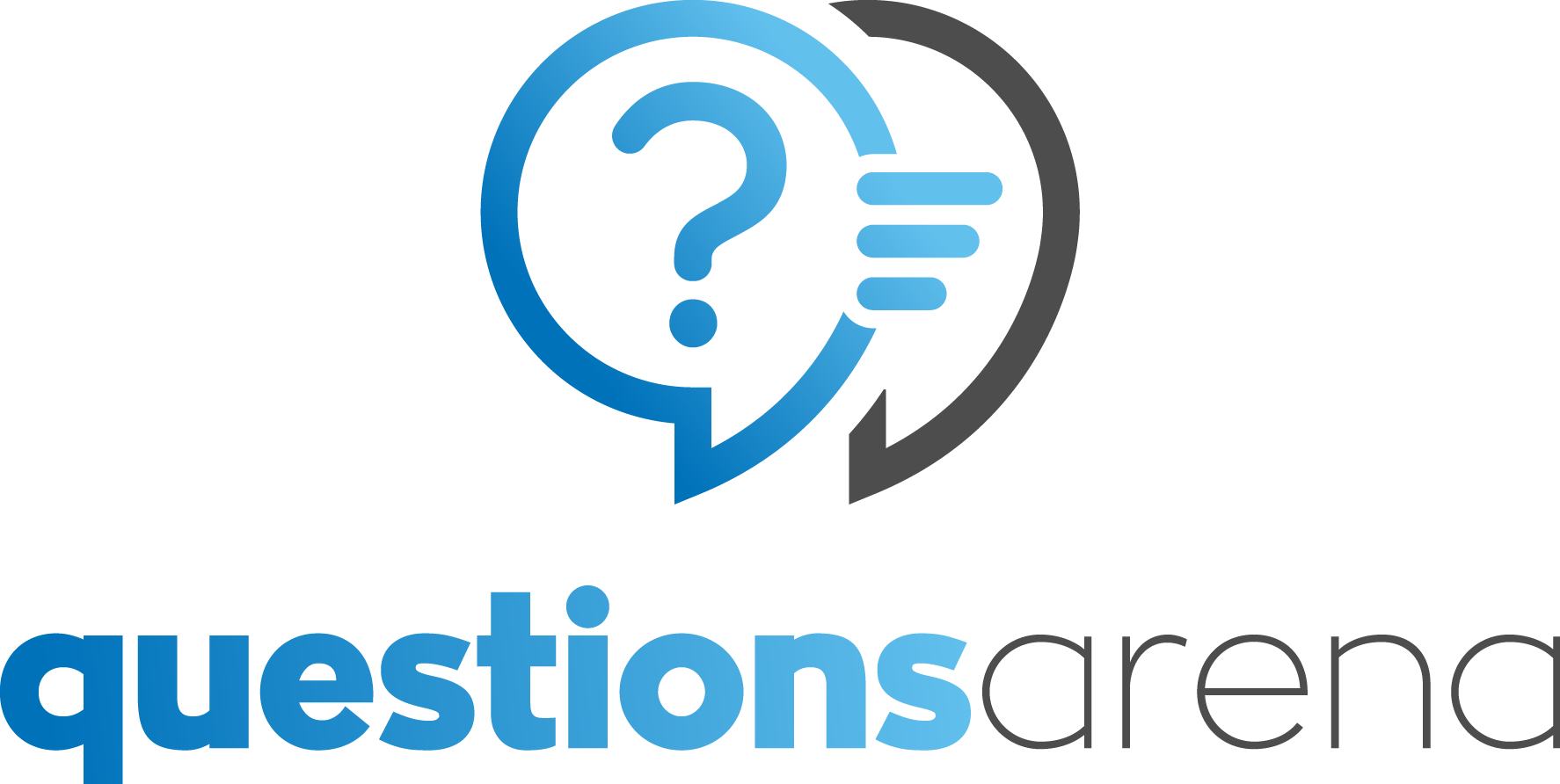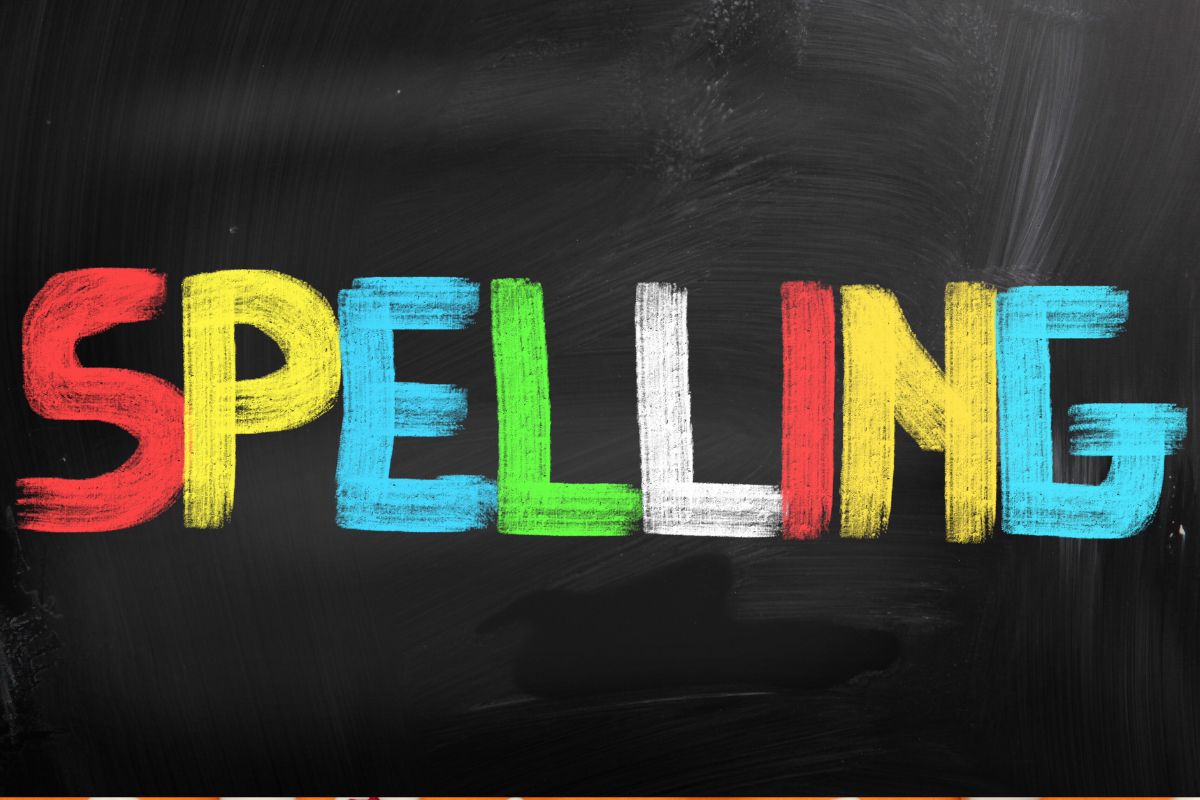In a world filled with constant distractions, it’s easy to overlook the beauty that surrounds us. But have you ever wondered how to spell that word, “beautiful,” that captures our attention and captivates our senses? Look no further, as we dive into the intricacies of spelling this enchanting word.
The word “beautiful” carries an ethereal quality, with its melodic flow and harmonious arrangement of letters. But what makes it particularly intriguing is the way it transcends language barriers, resonating in its essence no matter where you are in the world.
The correct spelling of “beautiful”
Now, let’s unravel the mystery of spelling “beautiful” correctly. The correct spelling is indeed “beautiful,” with the sequence of letters: B-E-A-U-T-I-F-U-L. Each letter contributes to the word’s melodic and enchanting quality, enhancing its pronunciation and visual appeal. Remember, practice makes perfect, and with time and diligence, you can confidently spell “beautiful” without hesitation.
The importance of spelling correctly
Spelling is an essential aspect of effective communication. It ensures that our written words accurately convey our intended meanings and prevents confusion or misunderstandings. Correct spelling enhances our credibility and professionalism, whether in personal or professional contexts. It demonstrates attention to detail and a commitment to quality.
Common spelling mistakes
Despite the significance of spelling, many individuals struggle with common spelling mistakes. The word “beautiful” is no exception, often falling victim to misspellings due to its unique arrangement of letters. Some of the most common misspellings include “beutiful,” “beautifull,” and “beutifull.” These errors can be attributed to various factors, such as lack of familiarity with the word, typing errors, or simply overlooking the correct spelling.
The meaning of “beautiful”
Before we dive into the spelling of “beautiful,” let’s take a moment to appreciate its meaning. “Beautiful” is an adjective that describes something or someone possessing qualities that please the senses or the mind. It refers to a combination of visual, auditory, and emotional appeal that evokes a sense of admiration, awe, or pleasure. Beauty can manifest in various forms, such as nature, art, music, literature, or even an individual’s appearance.
Tips for improving spelling skills
If you struggle with spelling in general, here are some tips to help you improve your spelling skills:
- Read regularly: Reading exposes you to a wide range of words and their correct spellings. Make reading a habit, whether it’s books, articles, or even online content. The more you encounter correctly spelled words, the more familiar they become.
- Use a dictionary: When in doubt, consult a dictionary. A dictionary provides definitions, correct spellings, and even pronunciation guides. Keep a dictionary handy or use online dictionaries for quick reference.
- Practice spelling exercises: Engage in spelling exercises to reinforce your spelling skills. This can include word puzzles, crosswords, or even spelling bees. These activities challenge your spelling abilities and help you identify areas for improvement.
Online tools and resources for checking spelling
In today’s digital age, numerous online tools and resources can assist in checking spelling. These tools provide instant feedback, highlighting misspelled words and suggesting correct alternatives. Some popular online spelling checkers include:
- Grammarly: Grammarly is a comprehensive writing tool that not only checks spelling but also offers grammar and punctuation suggestions. It can be integrated into various writing platforms, including web browsers and Microsoft Office.
- Hemingway Editor: Hemingway Editor focuses on improving writing clarity and readability. It highlights complex sentences, passive voice, and suggests simpler alternatives. While not primarily a spelling checker, it can help identify spelling errors in the context of your overall writing.
- SpellCheckPlus: SpellCheckPlus is a free online spelling and grammar checker. It allows you to copy and paste your text or directly type it into the editor. The tool then scans for spelling errors and provides suggestions for corrections.
Spelling exercises and practice techniques
To further enhance your spelling skills, consider incorporating the following exercises and practice techniques:
- Flashcards: Create flashcards with words you find challenging to spell. Practice regularly by reviewing the flashcards and spelling the words aloud.
- Mnemonic devices: Mnemonic devices are memory aids that help you remember difficult spellings. For example, to remember the spelling of “beautiful,” you might create a mnemonic such as “Big Elephants Are Usually Tall In Front Until Lunch.”
- Word association: Associate difficult words with something familiar or related. This technique helps create mental connections that aid in remembering the correct spelling. For example, you could associate “beautiful” with the phrase “beauty-full.”
Commonly misspelled words
While “beautiful” is often misspelled, there are several other words that commonly fall victim to spelling errors. Some of these words include:
- Definitely (often misspelled as “definately”)
- Accommodation (often misspelled as “accomodation”)
- Separate (often misspelled as “seperate”)
- Restaurant (often misspelled as “restaraunt”)
- Necessary (often misspelled as “neccessary”)
Spelling rules and exceptions
The English language is known for its complex spelling rules and numerous exceptions. It’s crucial to familiarize yourself with some of these rules to improve your overall spelling accuracy. Here are a few common spelling rules:
- “I before E, except after C”: This mnemonic rule guides the spelling of words with the “ie” or “ei” letter combination. For example, “believe” and “receive” follow this rule, whereas “ceiling” and “receipt” are exceptions.
- Silent letters: English words often contain silent letters that are not pronounced but affect the word’s spelling. Examples include “k” in “knight,” “b” in “comb,” and “p” in “receipt.”
- Doubling consonants: When adding suffixes to words, we sometimes double the final consonant if it follows a short vowel sound. For instance, “big” becomes “bigger,” and “hop” becomes “hopping.”
Conclusion: Emphasizing the significance of accurate spelling
In conclusion, accurate spelling plays a vital role in effective communication. The word “beautiful” exemplifies the importance of spelling correctly, as it captures the essence of something captivating and awe-inspiring. By improving our spelling skills, we enhance our ability to convey our thoughts and ideas accurately.
Remember to practice regularly, utilize online tools and resources, and explore various spelling exercises to strengthen your spelling abilities. Embrace the universal language of beauty and let the word “beautiful” remind you of the enchanting power of accurate spelling.
So, how do you spell beautiful? B-E-A-U-T-I-F-U-L. Let its letters weave their magic and transport you to a world of awe and wonder.

